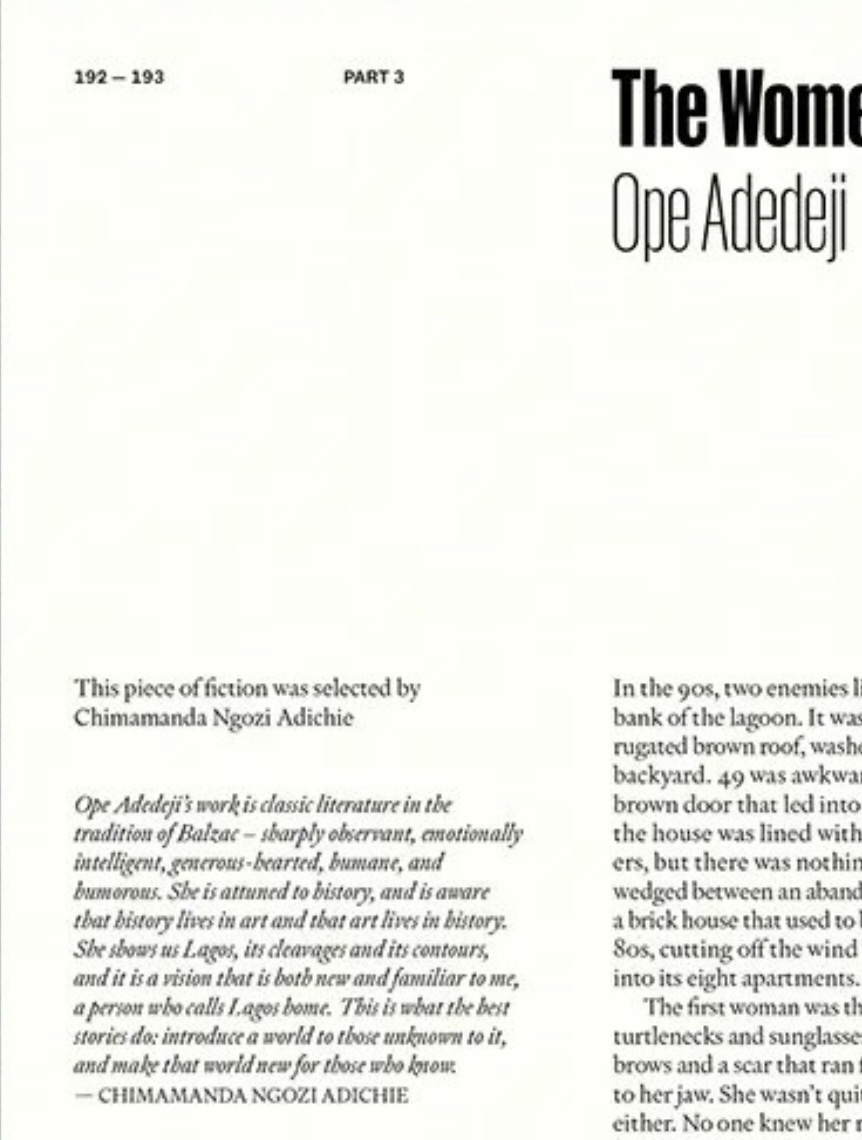Writing Lately
When in summary, life lately is writing through change.
“Writing a newsletter again must not feel like work” — my one mantra as I opened a blank Google Docs on Monday morning. And simple as it sounds, it is not uncomplicated.
When I first started writing here, it was to create a space where words could come often. Freely. Later, I tried to make it thematic, content with a value prop (also work), writing about the science and art of reading and writing. Less about the random thoughts that plagued me weekly, and more about the books, the stories I cared about. Six years later, I’m reinventing my newsletter again; I plan to write without cadence or themes at the back of my mind. I’m leaning into the quiet pull of writing itself.
I’d be immensely proud if the words I string together in this letter contribute something meaningful to you. But for now, I want to centre myself—record a thought, catch a moment in language, let it exist without the pressure to be useful or complete. It will exist for the sake of itself, belonging first to me, the one who writes it.
I'm taking this approach for several reasons: to unburden myself; I made it work, and it became tiring. Secondly, my fear of not showing up yet again, of breaking promises no one asked me to make. Then there’s my constant trepidation: why do you even care about what I have to say? Am I even making sense? And yet a significant part is me just prioritising the ways in which my life is changing.
On the writer I’ve been
The last time I wrote was in March 2024, before I knew my life was about to shift. Fittingly, I wrote about the years that ask questions and the years that answer them. Post Q1, 2024 turned out to be a year of answers.
It was a year of turning inward. I stopped sending the newsletter to give myself time for other creative pursuits. I quit a job I loved so passionately for this and other reasons.
Privately, I wrote as though my life depended on it. I poured myself into short stories, my novel, my journal, and other projects. The plan wasn’t to share with the world — at least not yet. I wanted only to build a “legacy”. Everyday, I asked: If I leave today, what body of work will I leave behind? Urgency sat at my fingertips.
It was not an idle question. In mid April 2024, I found out I was about to begin a journey that could be life-threatening (my people don’t say “Eku ewu omo” for nothing. More on this later as I’ve been writing about the transformative experience of carrying life and becoming something new in the process. It was an experience that rearranged me so utterly and thoroughly. It demanded I surrender myself to step into a part of me that’s always been. In time, I’ll share these with you.) If I didn’t survive the journey (God forbid even in hindsight), I needed to know my words would remain.
The process of turning inward was rewarded by creativity. Something about my state of mind made me more attuned to the world, to language, to the stories that had previously refused to let go of me.
Perhaps it was the heightened awareness of time—how it bends, stretches, and collapses under the weight of change. Or perhaps it was simply the mind’s instinct to create, in the midst of uncertainty about the future: would I ever be able to write again in the throes of motherhood?
That’s where this story “The Devil is Not Your Friend or Women’s Wrongs” came from. The protagonist, Ojo, is caught in a lifetime of subjugation that is legally enshrined in the Women’s Wrong Act, which systematically silences women and protects men. It is a biting social commentary on how societal and legal structures enable violence against women, a satirical exaggeration of real-world misogyny.
It’s a lovely story, if I do say so myself, and there are many more where it came from.
I found myself revisiting old drafts, breathing life into characters I had once abandoned. I wrote stories with no concern for polish or coherence. I let the words come as they wanted, free from the demand to be useful, to be read, to be anything other than what they were.
And in doing so, I reconnected with the part of me that writes not for an audience, but for the sheer necessity of it. Fiction, to me, is a kind of living.
So I lived.
On the writer I’m becoming
This, then, is where I find myself now—not at a conclusion or a neatly wrapped lesson, but in the middle. The urgency remains, especially as I continue to mother (if I don’t make time, it’ll never exist), but it feels different now. Less about “legacy” (I thought myself too much of Anne Frank or Sylvia Plath), more about presence and witnessing my own evolution. I plan to share tidbits of this with you.
Here and in my private writing, I will focus less on the burden of expectation, the need for every piece to justify itself. Writing, for now, is an act of showing up. It is an offering to myself first. And maybe that’s enough.



it is always a good day when you write
Hear, hear on writing with more freedom. Looking forward to reading more!